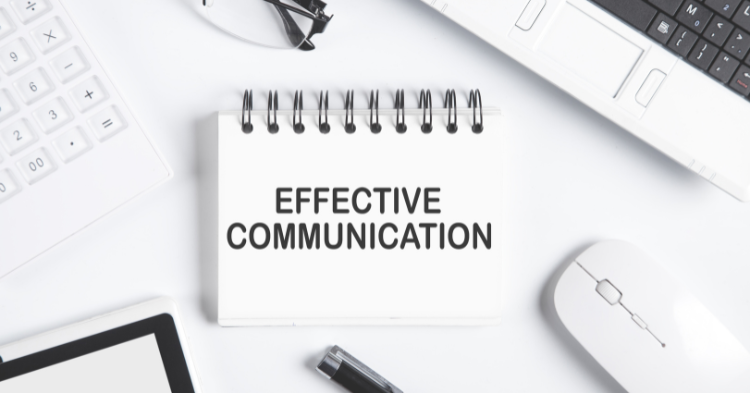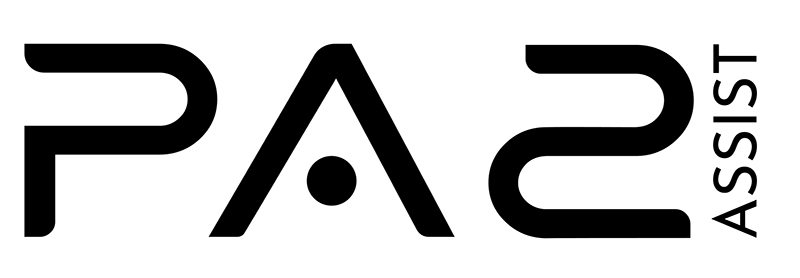Mastering Connection: Effective Communication Strategies for Personal Assistant Services


In the dynamic realm of personal assistant services, effective communication stands as the cornerstone of success. The ability to convey information, understand nuanced requirements, and maintain seamless interactions is pivotal. In this blog, we’ll explore key communication strategies that elevate personal assistant services, foster strong relationships, and provide optimal support.
Active listening is the bedrock of effective communication. Personal assistants must hone this skill to truly understand the needs and preferences of those they support. By giving full attention, asking clarifying questions, and responding thoughtfully, active listening forms the basis for successful collaboration.
Clarity is paramount. Personal assistants should articulate messages clearly and concisely, avoiding unnecessary jargon or ambiguity. Whether conveying instructions, scheduling details, or project updates, clarity minimizes the risk of misunderstandings and ensures smooth execution.
Diverse tasks may require different communication channels. While urgent matters might necessitate a quick message, complex instructions might be better suited for a detailed email. Personal assistants should be adept at navigating various communication platforms and adapting to the preferences of those they assist.
Proactivity is a distinguishing trait. Personal assistants should take the initiative to communicate updates, progress reports, and anticipated challenges. Proactive communication instills confidence, showcasing a commitment to transparency and a proactive approach to problem-solving.
Beyond words, personal assistants must be attuned to non-verbal cues. This includes recognizing tone of voice, body language, and subtle signals that convey emotions or urgency. This nuanced understanding enhances the depth of communication and enables personal assistants to respond appropriately.
Each individual has a unique communication style. Personal assistants should be flexible in adapting their communication approach to align with the preferences of those they support. Whether it’s formal emails or casual chats, tailoring communication styles fosters a comfortable and effective working relationship.
Establishing clear communication protocols is essential. This includes defining preferred communication channels, response time expectations, and guidelines for urgent matters. Having a structured framework ensures consistency and avoids potential miscommunication.
Personal assistants must be prepared for crisis communication. Whether facing unexpected challenges, changes in plans, or urgent matters, the ability to communicate calmly, provide reassurance, and offer solutions in high-pressure situations is a hallmark of effective personal assistant services.
Documentation is a valuable practice. Keeping a record of important communication ensures that details are not lost, deadlines are met, and everyone remains on the same page. Documenting instructions, decisions, and key points aids in accountability and provides a reference for future tasks.
Conclusion: Elevating Support Through Effective Communication
Effective communication is crucial in personal assistant services, fostering trust and efficiency by establishing strong connections, anticipating needs, and providing optimal support.
#CommunicationStrategies
#PersonalAssistantServices
#ActiveListening
#EffectiveSupport
#ClearCommunication
#ProactiveAssistance
#AdaptiveCommunication
#TransparentCollaboration
#FeedbackLoop
#CrisisCommunication
Registered Office Address
